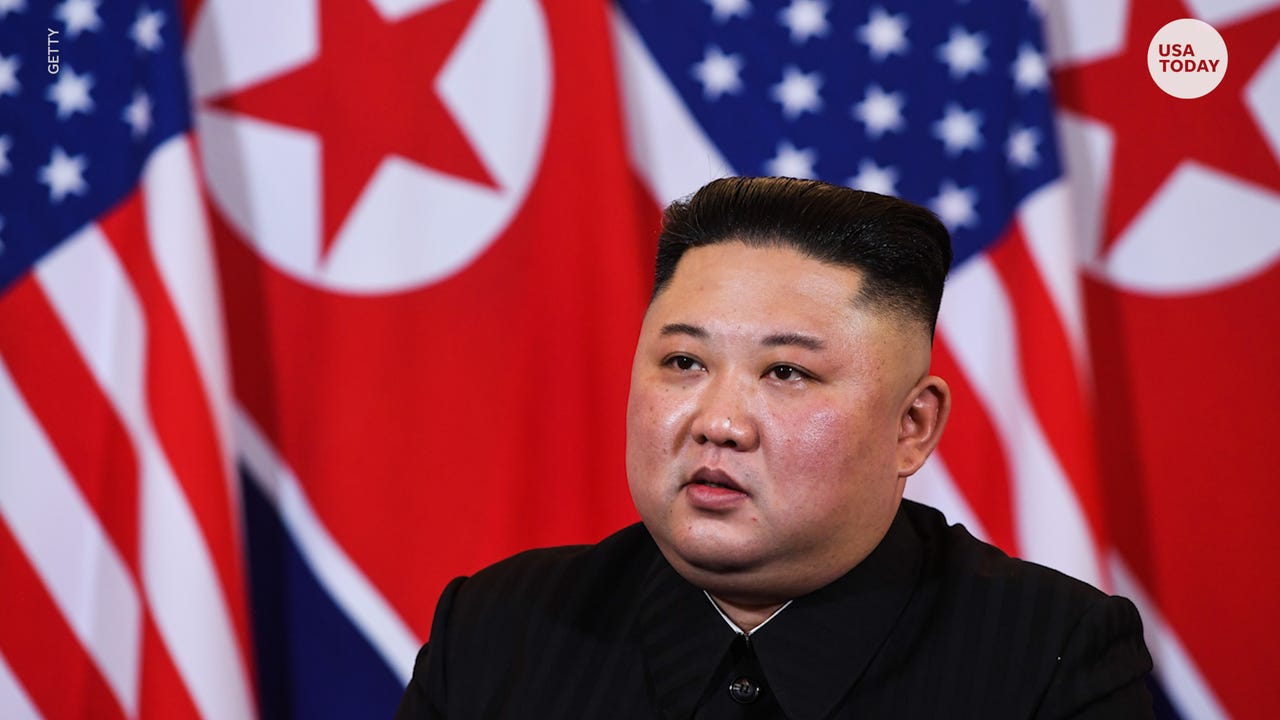In the midst of a heightened political atmosphere during a U.S. election year, North Korean leader Kim Jong-un’s rhetoric has taken a provocative turn by labeling South Korea as a principal enemy. This verbal escalation raises concerns about regional stability and the potential impact on diplomatic relations.
Kim’s choice of words is not unprecedented, as North Korea has a history of using aggressive language to assert its stance on the divided Korean Peninsula. However, referring to South Korea as a “principal enemy” adds a new layer of tension, considering the complex geopolitical dynamics in the region.

Source:- the times of India
This rhetoric comes amid ongoing efforts by the international community to address North Korea’s nuclear program and ease tensions on the Korean Peninsula. The United States, as a key player in these negotiations, faces the challenge of navigating these heightened tensions while also managing its domestic political landscape during an election year.
Source:- BBC news
The timing of Kim’s statement adds a layer of complexity to the situation. The U.S. election year context may influence the way political leaders respond to North Korea’s provocations. Candidates and policymakers must carefully balance the need to address security concerns with the potential impact of their responses on the electoral landscape.
In Washington, this development puts additional pressure on policymakers to demonstrate a strong and decisive approach toward North Korea without escalating the situation further. The delicate dance of diplomacy becomes even more critical as leaders strive to protect national interests while avoiding actions that could provoke a more significant crisis.
The international community will closely monitor how the U.S. responds to Kim’s rhetoric, especially considering the broader implications for regional stability and security. Allies in the region, such as South Korea and Japan, will be keenly interested in the United States’ approach and its commitment to maintaining a united front against North Korean provocations.
Kim Jong-un’s characterization of South Korea as a principal enemy during a U.S. election year introduces new challenges to an already complex geopolitical landscape. The response from U.S. leaders will require a delicate balance between addressing security concerns and navigating the intricacies of domestic politics. The international community awaits developments with a cautious eye, understanding the potential ramifications for regional stability.
Share your views in the comments

